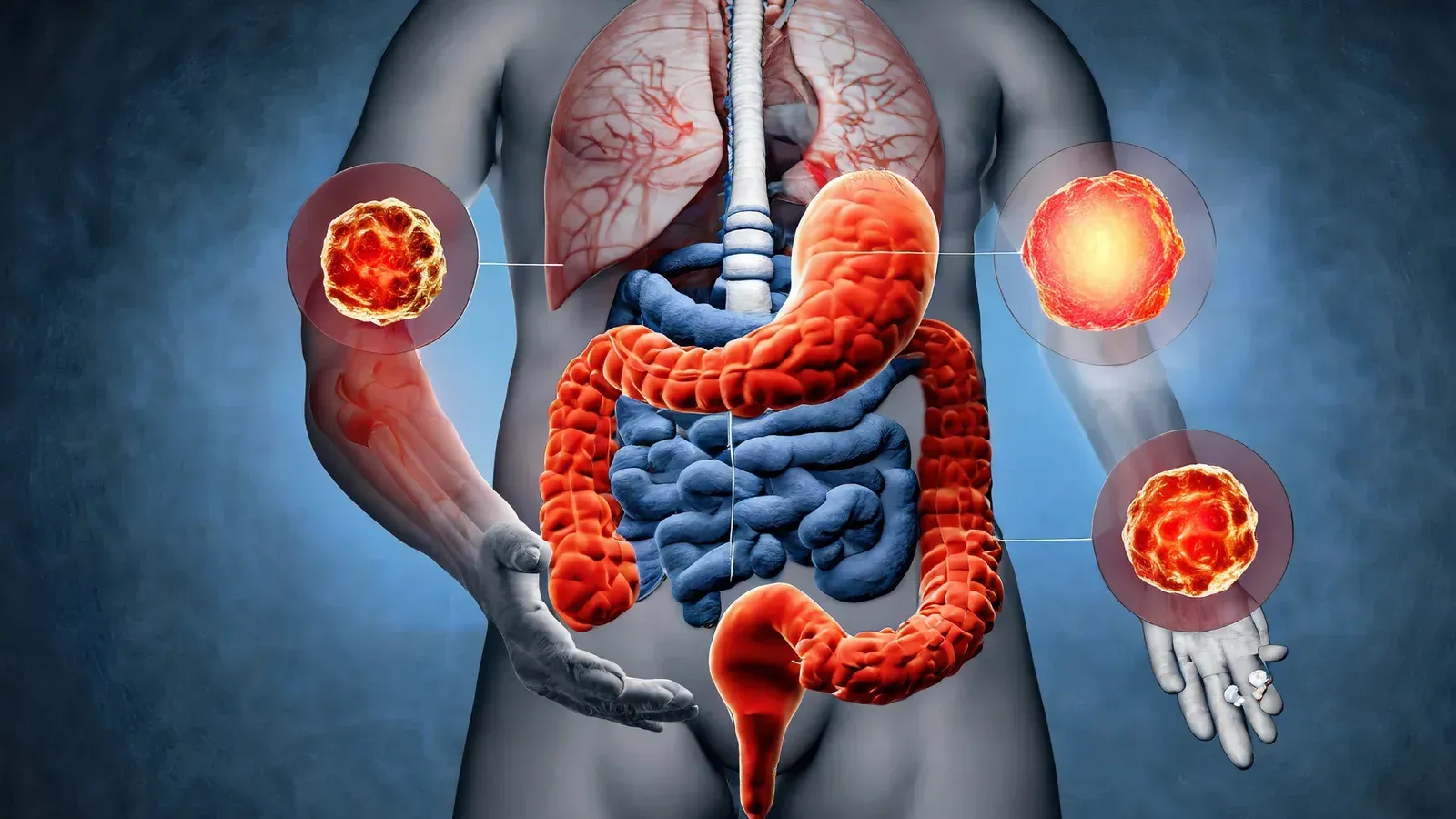Exploring Effective Treatments for Gastroparesis: A Comprehensive Guide
Gastroparesis is a gastrointestinal disorder that affects the normal movement of the stomach muscles, leading to delayed emptying of food into the small intestine. In this article, we will delve into the various treatment options available for gastroparesis, focusing on medications, lifestyle changes, and innovative approaches. Understanding the management strategies for gastroparesis can help individuals improve their symptoms and quality of life.
Understanding Gastroparesis: Causes and Symptoms:
Gastroparesis can be caused by factors such as damage to the vagus nerve, diabetes, or post-surgical complications. Common symptoms include nausea, vomiting, bloating, early satiety, and abdominal pain. Recognizing the signs and understanding the underlying causes of gastroparesis is crucial for effective treatment.
Medical Treatments for Gastroparesis:
Medical management of gastroparesis often involves the use of medications to stimulate stomach motility, control nausea and vomiting, and manage symptoms. Prokinetic agents, antiemetics, and pain medications may be prescribed based on the individual's symptoms and response to treatment.
Lifestyle Modifications to Manage Gastroparesis:
In addition to medications, lifestyle changes play a significant role in managing gastroparesis. Dietary modifications, such as consuming smaller, more frequent meals and avoiding high-fat and high-fiber foods, can help ease symptoms. Maintaining proper hydration and engaging in gentle physical activity can also support digestive function.
Innovations in Gastroparesis Treatment: Clinical Research Insights:
Clinical research in gastroenterology is continuously exploring new treatment modalities for gastroparesis, including novel medications, minimally invasive procedures, and neuromodulation techniques. Participating in clinical trials can provide access to cutting-edge therapies and contribute to the advancement of gastroparesis management.
In conclusion, managing gastroparesis requires a multidisciplinary approach that combines medical interventions, lifestyle modifications, and ongoing research efforts. By working closely with healthcare providers, adopting healthy habits, and staying informed about the latest treatment options through clinical research, individuals with gastroparesis can enhance their well-being and symptom control.









